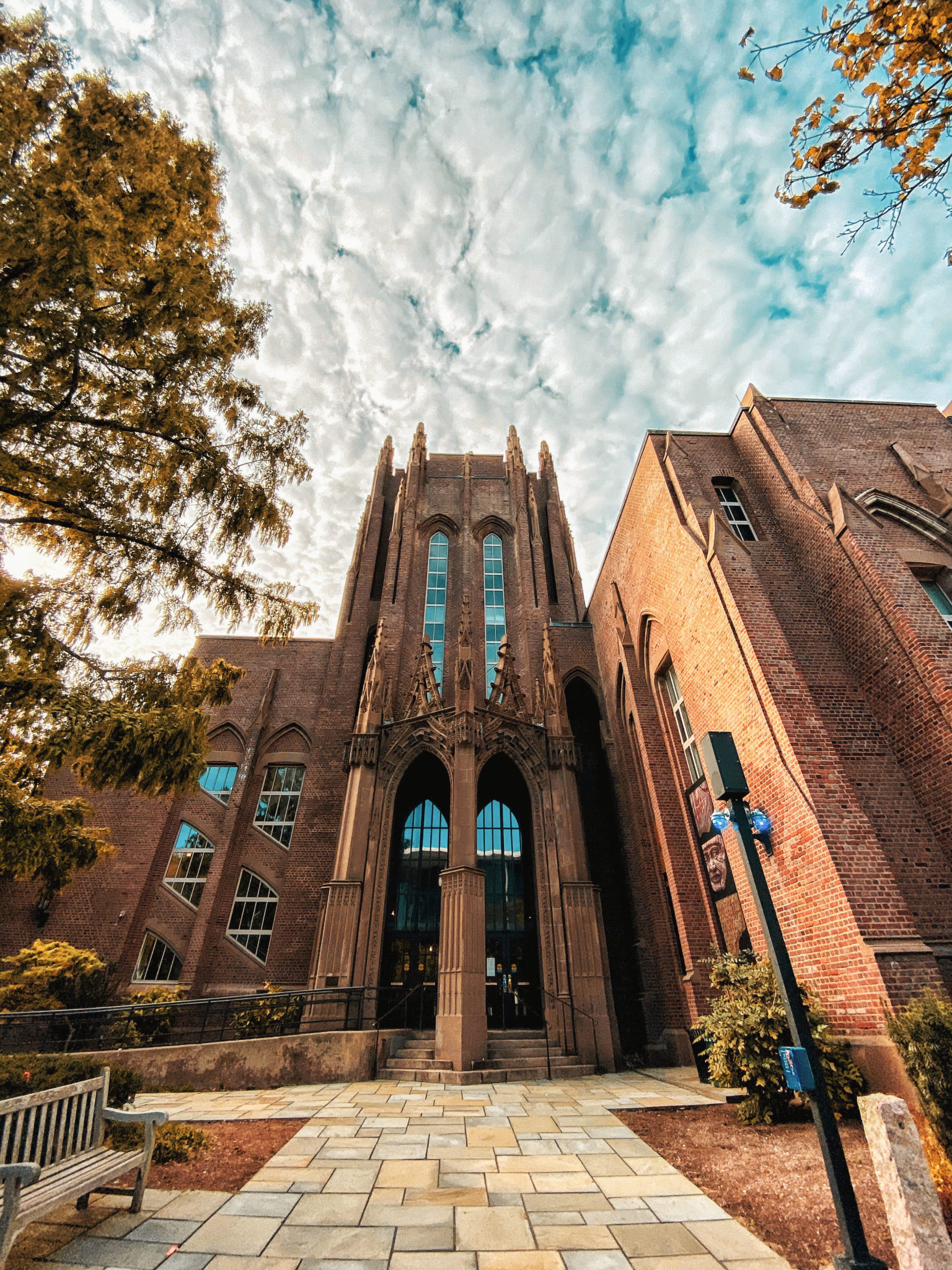
Over the past few years, Yale has embarked on multiple campus projects and program expansions, amounting to hundreds of millions of dollars and fundamentally altering the school at both the undergraduate and graduate levels.
These expansions and renovations include the overhaul of the Commons dining hall and the Memorial Hall on Beinecke Plaza, as well as the expansion of the Jackson Institute for Global Affairs into a professional school and the renovation of the Peabody Museum of Natural History. Future funding will come in part from a capital campaign, set to publicly launch in 2021 once its silent phase — where the University solicits donations privately — runs its course. According to Yale Corporation member Douglas Warner III ’68, the funds raised from the campaign will support interdisciplinary studies among graduate and undergraduate programs and departments, which he describes as a “one Yale” approach. University President Peter Salovey said that the University is defined by its “close-knit community” and that the campaign will further that interdependence between graduate schools and the college.
In 2015, Chief Executive Officer of the Blackstone Group Stephen Schwarzman ’69 donated $150 million to complete an extensive renovation of Commons and Memorial Hall and transform the space into the Schwarzman Center. The University had been in conversation with Schwarzman as a potential donor for years, but it was not until Schwarzman proposed the Commons renovation — and the University accepted — that he pledged to donate. His gift ranks as one of the largest single contributions in Yale’s history.
Controversy among students, faculty and the administration soon followed the donation and renaming of Commons after Schwarzman. Many took issue with Schwarzman’s work for President Donald Trump’s administration, where he was unofficially titled “job czar.” Community members also criticized what some perceived as exploitative practices by Blackstone, such as the dispossession of tens of thousands of homes. Faculty and students additionally argued that their voices should carry more weight in conversations about how Yale spends its money, conversations that are largely orchestrated by the administration.
The process of courting high-level donors is often lengthy, involving sometimes dozens of meetings and the University facilitating a relationship with the donor. They then find common ground between the school’s needs and the donor’s interests, before officially agreeing how the money will be spent.
Other gifts have garnered more positive attention. In 2022, the Jackson Institute will be rechristened the Jackson School for Global Affairs and become Yale’s 13th professional school. It will also be the first school at Yale named after living donors: John Jackson ’67 and Susan Jackson, who founded the Institute in 2009 with a $50 million gift given with the request that in 10 years Yale consider expanding the institute into a constituent school.
The University is currently in the process of recruiting faculty and raising an additional $200 million to fund the school. According to Founding Director of the Jackson Institute Jim Levinsohn, the school will be designed around “interconnectedness” with the college and the other 12 professional schools.
At the end of 2019, the Peabody Museum for Natural History closed for extensive renovations, funded by an initial donation of $160 million from Edward P. Bass ’67. The renovations will restructure the museum to provide more exhibition, research, classroom and storage space.
According to Peabody Director David Skelly, the unrenovated museum could only showcase 0.0004 percent of the collection, with the remainder hidden from public view in storage. He hopes that with the expanded space and resources, Yale students will find the museum more accessible and classes will rely more on the museum as a research institution. Students provided input before the museum’s closure as to how to develop new spaces within the Peabody, he told the News in 2018.
The last capital campaign, which ran from 2006 to 2011, gained the University $3.88 billion.
Jack Tripp | jack.tripp@yale.edu






